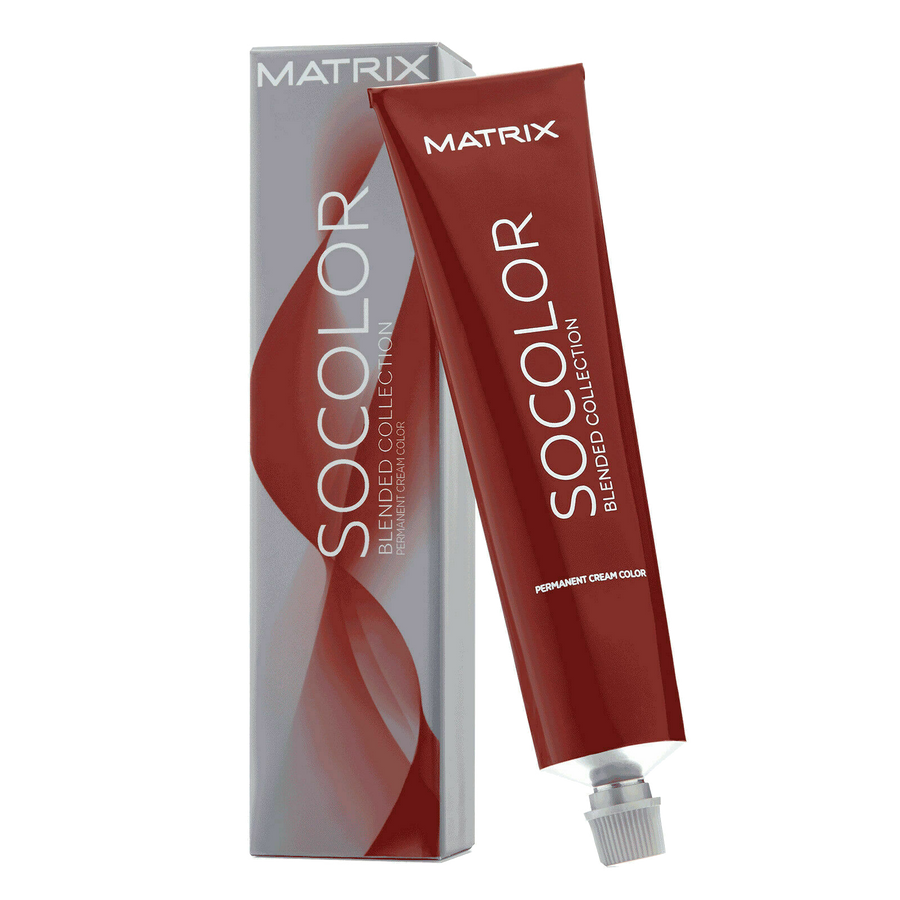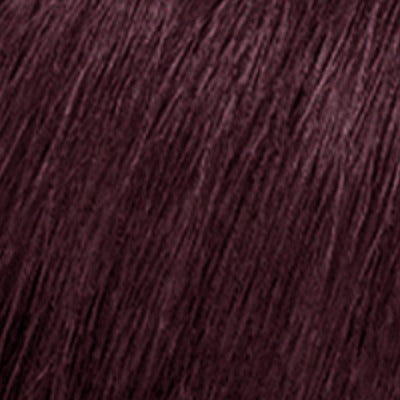Hair Care Myths Debunked: Uncover the Truth for Beautiful Hair
The world of hair care is brimming with myths and misconceptions, with conflicting advice often leading to confusion and uncertainty. Amidst the sea of information, it's vital to discern fact from fiction to ensure your hair care routine effectively supports the health, strength, and beauty of your locks. Smooth & Charming, your trusted online hair care store dedicated to providing high-quality products for all hair types and textures, is here to help you navigate the realm of hair care myths and debunk the misconceptions that can undermine your hair's well-being.
Following their commitment to delivering educational, informative, and helpful content, Smooth & Charming presents a comprehensive guide focused on debunking common hair care myths. We'll delve into the truth behind these myths, clarify misunderstandings, and provide the reliable, science-backed information you need to make informed decisions about how to properly care for your unique hair. You'll emerge with a confident understanding of the dos and don'ts, secure in the knowledge that you're optimally nurturing your tresses.
At Smooth & Charming, we believe in empowering individuals to navigate their hair care journey with confidence, delivering the expert guidance needed to support your hair's health and radiance. By dispelling misconceptions and setting the record straight, you can embrace a hair care routine that truly benefits your hair, showcasing its natural beauty and unlocking its full potential.
1. Debunking Common Hair Washing Myths
Uncover the truth behind popular hair washing misconceptions:
A) Myth: Washing hair daily is essential for cleanliness.
Fact: Daily washing can strip hair of natural oils, leading to dryness. Adjust your washing frequency according to your hair type and scalp needs.
B) Myth: Cold water rinses make hair shinier.
Fact: While cold water rinses may provide a temporary shine due to the flattening of the hair cuticle, the overall effect is minimal. Focus instead on maintaining overall hair health.
C) Myth: More lather equals cleaner hair.
Fact: Excessive lathering can be a sign of harsh sulfates in shampoo, which can strip hair of essential oils. Opt for sulfate-free shampoos for a gentler wash.
2. Addressing Haircut and Hair Growth Myths
Learn the facts behind myths related to haircuts and hair growth:
A) Myth: Regular trims make hair grow faster.
Fact: Trimming your hair does not promote increased hair growth from the follicle. However, regular trims can prevent split ends and breakage, contributing to the appearance of longer, healthier hair.
B) Myth: Plucking a gray hair will cause two more to grow in its place.
Fact: Removing a gray hair will not affect the hair follicle or change the number of hairs that grow from it. However, plucking can potentially damage the follicle, so it's best to trim the hair instead.
3. Sorting Out Hair Styling Myths
Get the real scoop on myths surrounding hair styling:
A) Myth: Brushing your hair 100 times a day promotes healthy hair.
Fact: Excessive brushing can lead to hair breakage and damage. Brush your hair gently and only as needed to avoid causing harm.
B) Myth: Hair should be towel-dried vigorously.
Fact: Aggressive towel-drying can cause friction, leading to hair frizz and breakage. Instead, gently squeeze out moisture with a soft towel or use a microfiber cloth.
C) Myth: Heat styling without protection is acceptable for healthy hair.
Fact: Unprotected heat styling can cause significant hair damage. Always use a heat protectant spray before styling your hair with heat tools.
4. Separating Fact from Fiction on Hair Care Ingredients
Discover the truth about hair care ingredients and their impact on your hair:
A) Myth: All silicones are harmful to hair.
Fact: Not all silicones are created equal. Water-soluble silicones can provide benefits like shine and smoothness without weighing down hair or causing buildup.
B) Myth: Sulfates in shampoo are the only way to cleanse hair properly.
Fact: Sulfates in shampoo can strip hair of natural oils, leading to dryness and irritation. Sulfate-free shampoos are a gentle alternative for cleansing hair effectively without causing harm.
C) Myth: Natural ingredients are always better for hair than synthetic ones.
Fact: While many natural ingredients offer benefits for hair, not all natural alternatives are necessarily better than synthetic options. It's essential to assess each ingredient's individual properties and how they may impact your unique hair needs.
Conclusion:
The hair care world is awash with myths, making it a challenge to discern fact from fiction. By debunking common misconceptions and arming yourself with accurate information, you gain the confidence to develop an effective hair care routine designed to foster your hair's health, strength, and natural beauty. Trust Smooth & Charming to provide expert guidance and a curated selection of high-quality hair care products, ensuring that the choices you make are based on reliable, sound advice and backed by scientific evidence. With Smooth & Charming's guidance, you can transform your hair care routine, integrating targeted solutions that optimally support your hair's health and beauty. By dispelling misconceptions and embracing accurate, expert-backed information, you can proudly showcase your stunning, radiant tresses, secure in the knowledge that your decisions have been guided by the true facts of hair care.
Are you ready to embark on a hair care journey grounded in the truth and backed by expert guidance? Trust Smooth & Charming for personalized recommendations, accurate information, and a curated selection of high-quality hair care products designed to empower you in your quest for healthier, more radiant locks. Conquer the world of hair care myths and unlock the secrets to unveiling your hair's true potential with the support of Smooth & Charming's expertise on your side.




